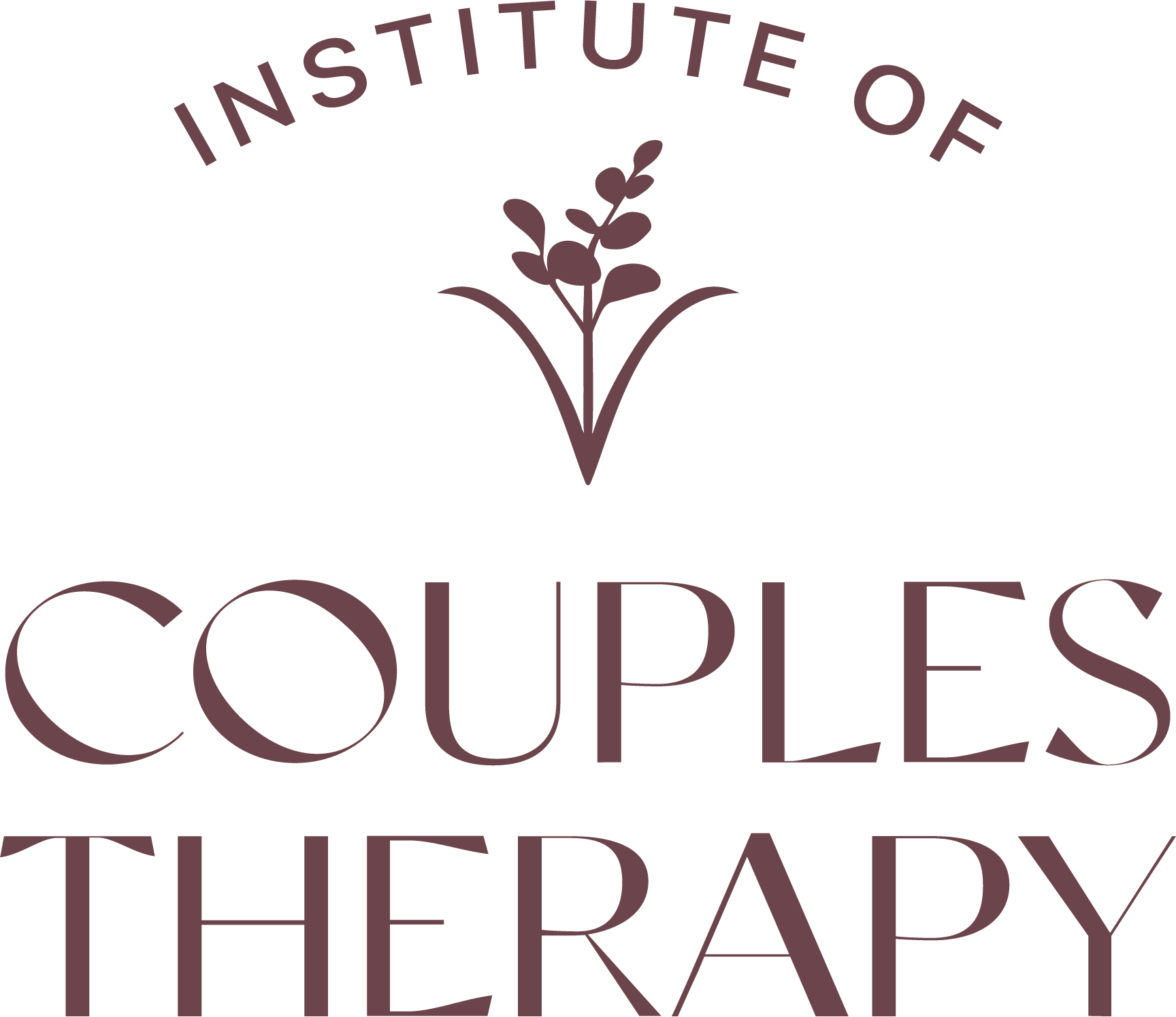Relationships are at the heart of what makes us human. Whether they’re intimate, platonic, or somewhere in between, our connections shape how we see ourselves and the world. But what about the moments that don’t seem to fit into neat relationship boxes? One-night stands—are they acts of freedom and exploration, or do they leave us with more questions than answers?
Recently, Karen Murphy, Founder at the Institute of Couples Therapy, joined Cork’s 96FM to talk about this very topic. Karen shares valuable insights into how casual intimacy can reveal deeper relational patterns and emotional responses. Whether you’re a therapist or simply interested in human connections, this episode offers thoughtful perspectives that may resonate.
Listen to the full podcast here: Cork’s 96FM – One-Night Stands: Liberating or Full of Regret?
A Mix of Emotions
For some people, one-night stands are empowering. They represent choice, autonomy, and the chance to explore intimacy without strings attached. For others, they can stir feelings of regret, confusion, or even sadness.
Why such different reactions? It often comes down to expectations and personal history. Karen pointed out that attachment styles can play a big role. People with anxious attachment might hope for a deeper connection from the experience and feel disappointed when it doesn’t happen. Meanwhile, someone with an avoidant attachment style might prefer the distance that casual intimacy offers.
There’s no “right” way to feel about one-night stands. What’s important is exploring these emotions with curiosity and understanding, whether you’re reflecting on your own experiences or supporting clients as a therapist.
Why Communication Is Key
One of the most common sources of regret in one-night stands isn’t the experience itself—it’s a lack of clarity. Karen emphasized that honest communication can make all the difference.
Before and after casual encounters, being upfront about intentions and boundaries helps create a sense of emotional safety. This doesn’t just apply to one-night stands; it’s true for all types of relationships.
For therapists, this is a reminder of how valuable it can be to guide clients in developing clear and respectful communication. These skills not only help in moments of intimacy but also build confidence and self-respect in all areas of life.
Generational and Cultural Shifts
Society’s view of one-night stands has changed a lot over time. Younger generations are often more open and accepting of casual intimacy, seeing it as an expression of choice and empowerment. In contrast, older generations might still feel the weight of shame or stigma around the topic.
These generational perspectives can shape how clients talk about their experiences in therapy. Cultural differences add another layer, too. For example, someone from a more traditional background may feel conflicted about engaging in casual intimacy, even if they’re personally curious about it.
As therapists, understanding these dynamics can help us meet clients where they are—with empathy, not judgment.

Image from The Daily UW
More Than a Moment
One-night stands are rarely just about the act itself. They can reveal patterns in how people view themselves, their boundaries, and their relationships. These moments often open the door to deeper conversations about self-esteem, attachment, and personal values.
Karen’s advice? Approach these topics with warmth and curiosity. By creating a space where clients feel safe to explore their emotions, therapists can help them find clarity and even grow through the experience.
For Therapists: What You Can Take Away
One-night stands might seem like brief moments, but they’re packed with meaning. For therapists, they’re an opportunity to help clients unpack their feelings, build emotional resilience, and develop a healthier relationship with intimacy.
Here’s how you can approach and learn from them in your practice:
How therapists an approach and learn from casual dating in therapy
1. Validate Without Judgment
Clients may approach the topic of one-night stands with mixed emotions—empowerment, regret, or confusion. Your role is to create a safe space where they can explore these feelings without fear of judgment. Acknowledge their experiences as valid while encouraging reflection on what these moments mean to them personally.
2. Explore Attachment Styles and Patterns
One-night stands often reveal deeper relational patterns tied to attachment styles. For instance, clients with an anxious attachment style may seek connection through casual intimacy, leading to potential feelings of rejection or disappointment. Meanwhile, avoidant clients might use one-night stands to maintain emotional distance. Helping clients recognize these patterns can lead to greater self-awareness and healthier relational behaviors.
3. The Importance of Clear Communication
Many challenges around one-night stands stem from misaligned expectations or unclear communication. Therapists can help clients practice articulating their intentions and boundaries in intimate situations. This skill not only improves their experiences in casual encounters but also builds confidence in other areas of their relationships.
4. Address Cultural and Generational Influences
Cultural and generational factors often shape how clients perceive one-night stands. Younger clients might view them as acts of empowerment, while older clients may carry societal stigmas tied to shame or judgment. Additionally, clients from conservative backgrounds may face internal conflicts. Understanding these influences allows you to approach conversations with empathy and cultural sensitivity.
5. Link Sexual Experiences to Broader Well-being
Sexual wellness is deeply interconnected with emotional and mental health. One-night stands can provide insights into a client’s self-esteem, body image, and personal boundaries. Exploring these connections can help clients understand how their sexual decisions impact their overall well-being.
6. Use Moments of Vulnerability for Growth
Clients often come to therapy after an emotionally charged experience. One-night stands can serve as catalysts for exploring broader themes such as self-worth, identity, and personal values. Guide clients toward seeing these moments not as isolated events but as opportunities for reflection and personal growth.
7. Be Open to Broader Conversations on Sexual Wellness
Clients may bring up one-night stands as part of larger discussions about intimacy, relationships, or sexual trauma. Approach these conversations holistically, addressing not just the immediate event but also the client’s broader relationship with sexuality and emotional connection.
8. Empower Clients to Set Healthy Boundaries
Support clients in identifying what boundaries feel safe and fulfilling for them. Whether navigating casual intimacy or long-term relationships, boundary-setting is a foundational skill for emotional well-being.
9. Self-Compassion
Many clients struggle with guilt or shame around casual intimacy. Encourage self-compassion by helping clients understand that their experiences are part of a broader journey of self-discovery. Normalize the complexities of navigating relationships in today’s world.
Questions to Explore with Clients
- How do you feel about your experience?
- What were your expectations going into it?
- How does it align with your values or goals?
- What were your primary reasons for choosing to have a one-night stand?
- How do you perceive your emotional needs in relationships?
- What do you think about the idea of casual intimacy or relationships without commitment?
- Did you communicate your expectations clearly with the other person?
- How would you feel if this type of experience became a regular part of your life?
- Did you feel emotionally distant or emotionally connected during or after the experience?
- What did you learn about yourself through this experience?
Closing Thoughts
One-night stands are as complex as the people involved in them. Whether they bring liberation or regret—or a little of both—they reflect deeper patterns in how we connect with ourselves and others. For therapists, they’re an invitation to explore the intricacies of intimacy, communication, and self-expression.
How ICT Can Support You
At the Institute of Couples Therapy, we’re committed to helping therapists expand their skills to navigate the complexities of relationships, intimacy, and human connection. Whether it’s through advanced training programmes, professional development opportunities, or workshops, we provide the tools you need to grow in your practice and support your clients with confidence.
Explore our offerings and see how we can support you on your professional journey.





